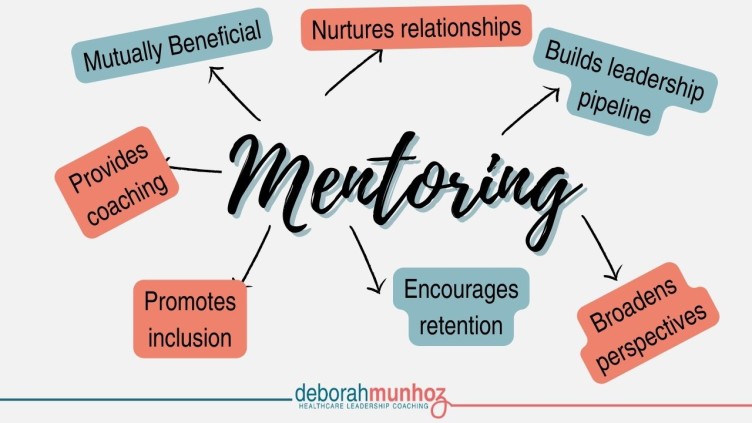For the past year, to enhance my coaching practice, I have been conducting research about what barriers women physicians face. The data reflects four main areas that were the most common themes for women leaders in the healthcare industry:
Mindset – This barrier shows itself as the inner critic warning a woman she’s not good enough, or nagging at her that she’s not the leader everyone perceives her to be. Concepts such as Imposter Syndrome reside in this arena.
Conflicting Priorities – Any time women enter the workforce, they face societal pressure to still be the primary home makers, whether that involves raising children or cooking meals. Times are changing, but women, particularly working moms, still feel that pull between home obligations and career aspirations, and finding a moment for themselves.
Status Quo – Organizations and their leaders often still have conscious and unconscious biases in their workplace that result in the common cultural belief that gender differences make women and men effective in different roles. In the most recent 2022 Women in the Workplace study, conducted since 2015 in partnership between LeanIn.Org and McKinsey & Company, researchers found women are more likely to “experience belittling microaggressions, such as having their judgment questioned or being mistaken for someone more junior.”
Lack of Access to Power Circle – Women often find it difficult to gain footholds in many corporate cultures that foster an easy comradery among golfing buddies but have little space in those circles for female executives. As a result, women are lacking a seat in the C-suite where top level decision-making takes place. Women find fewer role models with whom to identify at higher levels, and mentors are often scarce. Many organizations don’t have formal mentor programs because the “buddy” system has worked for decades for the men in leadership roles.
Why are mentors important?
A recent study conducted by the University of Pennsylvania’s Wharton School, a highly renowned business school, focused on the positive impact mentorship can have in relationship to improving the outcome of diversity and inclusion programs. Mentoring and Sponsorship was one of seven areas the researchers found to be “most influential practices in that they consistently drive many of the outcomes studied.” The study, Improving Workplace Culture through Evidenced Based Diversity, Equity, and Inclusion Practices, notes that mentorship helps develop a sense of belonging, develops workplace skills, and nurtures workplace relationships.
Mentor relationships provide a valuable two-way connection between the mentor and the mentee. Mentors provide valuable feedback, insight and skills coaching to their mentees. Both parties gain insight into different workplace concerns from different perspectives.
What’s a woman to do?
For those in organizations lacking mentorship programs, there are other options for women leaders. You can form your own support network within your company with a weekly or monthly meeting. These can be a formal program that all can benefit from, or simply a lunch meeting to share concerns and offer each other support or solutions. These types of informal gatherings build bridges across departments and bring peers together in a way that strengthens relationships.
Women can also seek a mentor through a professional networking group, an outside organization such as a chamber of commerce, or a professional organization such as the American Medical Women’s Association. With today’s technology, physical meetings are not necessary to build a mentorship relationship.
Exercise for Mentees:
1) Write down a current challenge or goal you are working toward.
2) Brainstorm ways you think a mentor could be most helpful to you in the coming 6-12 months.
3) Write down the names of 2-4 people who might help you figure out the right next steps or guide you through. This might be a current or former supervisor, a peer, an expert or manager in another part of the business, or someone outside your organization.
4) How might you seek out an introduction or arrange a conversation to talk about your challenge or goal with these people? Ask your network for help to make the connection.
As women leaders become proactive in establishing mentorships, organizations will see even more evidence of the positive power of building leadership pipelines that are inclusive for women and people of color.

